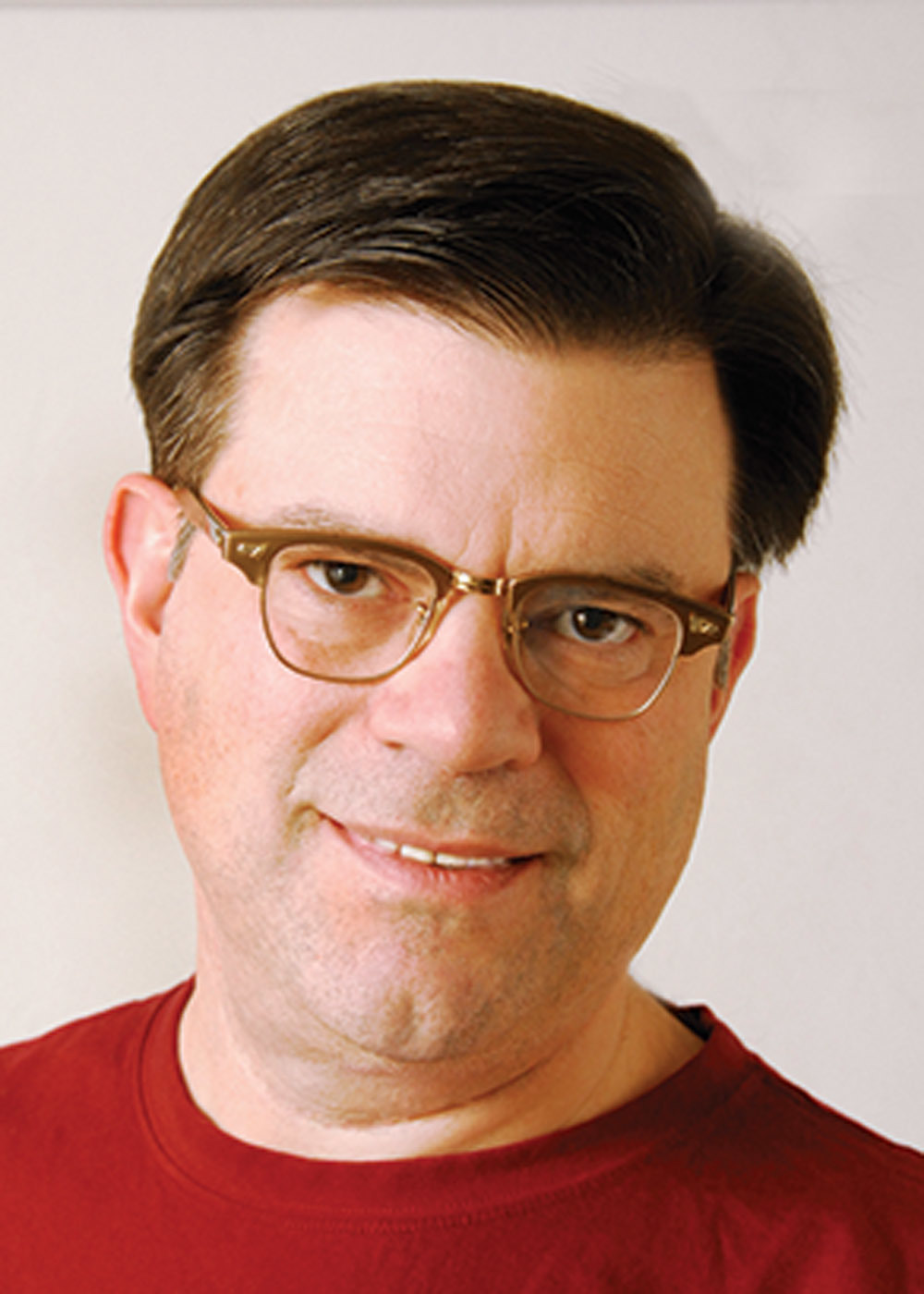Making the Most of Your WWETT Show Experience
The key to a successful trade show visit is seeing innovative products, recognizing education opportunities and having a little fun.
Popular Stories
Discussion
Comments on this site are submitted by users and are not endorsed by nor do they reflect the views or opinions of COLE Publishing, Inc. Comments are moderated before being posted.






